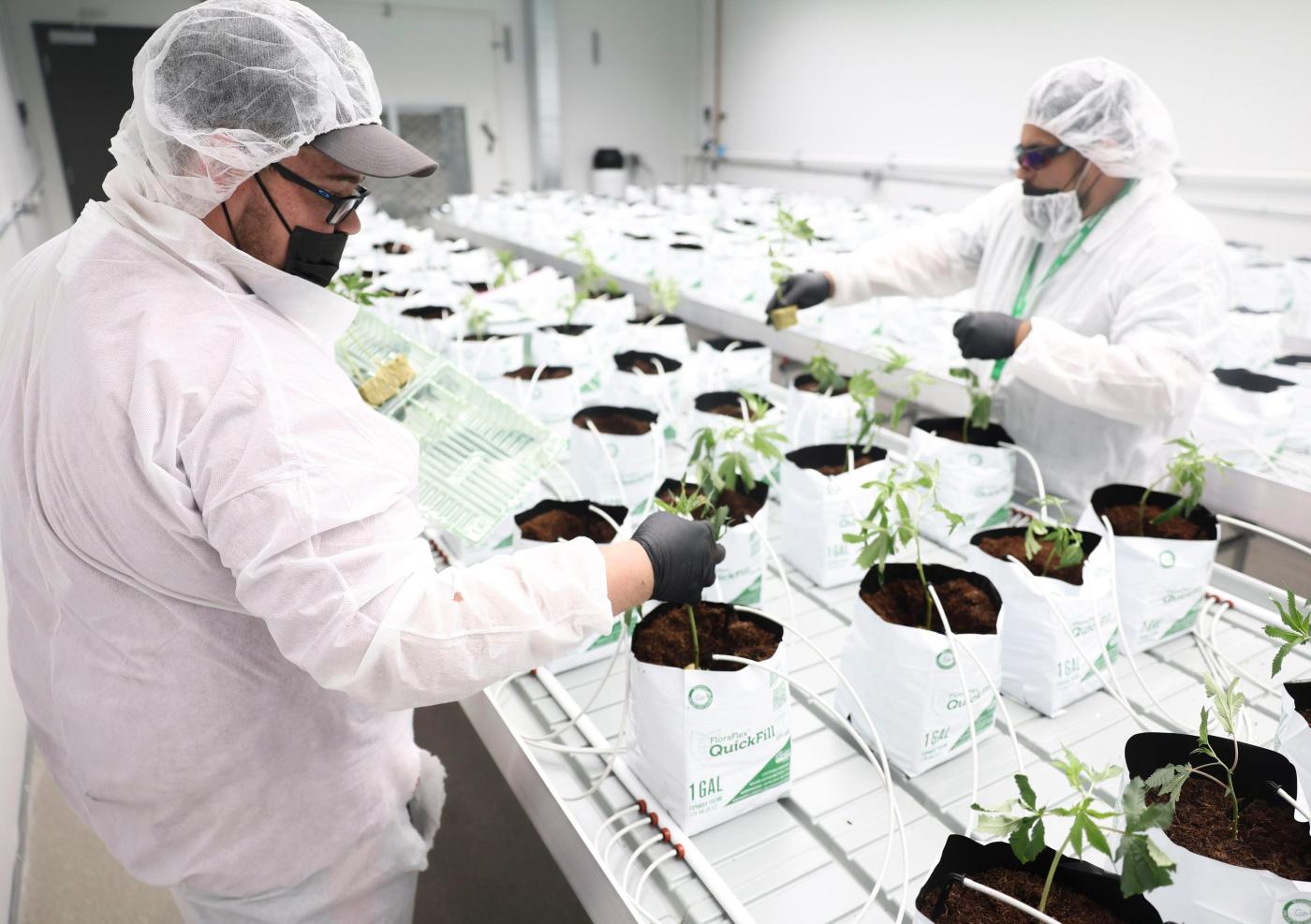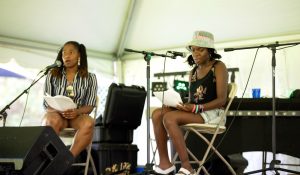
St. Paul City Council likely to allow cannabis shops 300 feet from schools
The St. Paul City Council is likely to allow cannabis shops as close as 300 feet away from schools, with no buffer at all required downtown.
“That mirrors liquor rules,” council member Rebecca Noecker, who represents downtown, said in a brief interview Wednesday. “The more we can make this mirror existing retail ordinances, the better. Hopefully that avoids confusion for business owners. Cannabis is a form of retail.”
A public hearing before the council Wednesday on the city’s proposed cannabis ordinance drew three individuals expressing a range of views, including one in favor of the rules as suggested. There were a handful of written comments but little in the way of organized opposition.
Under state law, cities are to establish their own zoning conditions for locating cannabis retailers, provided the ordinances don’t create a buffer greater than 1,000 feet from schools or 500 feet from day cares, residential treatment facilities, playgrounds or athletic fields.
Based on the recommendations of city planning staff, the St. Paul Planning Commission held a public hearing in June on less restrictive rules, including the 300-foot buffer from schools. A retailer spanning more than 15,000 square feet would be required to obtain a conditional-use permit, except in industrial districts.
City staff studied the experience of 29 cities that already have legalized cannabis sales and found that a 1,000-foot buffer would leave about 63% of the city off-limits, concentrating cannabis retailers in just a handful of neighborhoods. Most of that would fall within industrial zones like Energy Park Drive and some areas along Seventh Street. Sales would be prohibited from most major commercial corridors.
Rejecting that idea, the Planning Commission voted unanimously Aug. 2 to support the softer cannabis restrictions as proposed.
16 license types
The state licenses 16 different types of cannabis manufacture, cultivation and sale, including micro-businesses, growers, retailers, testers, transporters and non-cannabis retailers that sell low-potency, hemp-derived edible products. The Planning Commission found 178 St. Paul bars, restaurants and other shops that would fall into that latter category because they already sell low-potency gummies and other goods at the register.
St. Paul’s proposed rules would allow limited cannabis cultivation and manufacturing in facilities spanning less than 15,000 square feet on most commercial corridors. Industrial-scale production in facilities spanning more than 15,000 square feet would be allowed in industrial districts.
Outdoor cultivation — such as backyard and rooftop growing operations — would require a conditional-use permit and would be regulated like other agriculture.
The question of where cultivators will be allowed to grow and process cannabis drew a letter of concern from the St. Anthony Park Community Council, which noted some Denver and Santa Barbara County neighborhoods have reported a “skunky odor” and other documented issues with odor control. The city, they wrote, lacks “clear standards for measuring air quality and requiring effective odor control technologies and odor abatement plans.”
The St. Paul City Council will continue its public hearing next Wednesday, Sept. 11, and could vote to adopt the rules at that time.
Related Articles
St. Paul City Council signs off on $295K settlement to stroke patient who says paramedics told him ER was full
St. Paul to settle lawsuit after man says EMTs, paramedics disregarded stroke symptoms
Other voices: A rent-control lesson in Argentina
Nonprofits seek St. Paul city funding to house homeless at Mary Hall, Kimball Court
George Latimer, St. Paul’s longest serving mayor, who oversaw rapid change for the city, dies at 89


